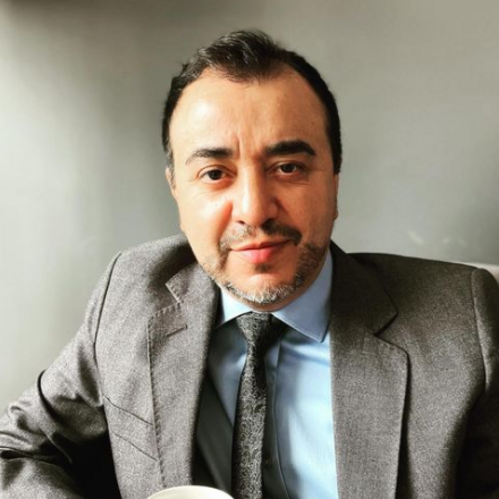
Title: Cancer and Vaccines Targets Prospection through Large-Scale Structural Comparison
Abstract: The search for ideal therapeutic targets that will effectively trigger an immune response remains the "El Dorado'' for immunologists. The development of promising immunotherapeutic approaches requires the selection of appropriate targets to elicit a proper immune response. Considering the high degree of protein sequence diversity found in human populations, as well as the huge heterogeneity of viral species and tumor samples, this number will invariably be higher than ideal to test by regular experimental methods. It is known that the triggering of an immune response is determined by physicochemical complementarity between immune molecules and antigens. The elimination of infected and tumoral cells is performed by the peptide-MHC (from infected cell) and the T-cell receptor (from lymphocytes), whose atomic interactions of dictate the fate of the process. Usually the prospection of these targets is made by sequence comparison of DNA, RNA or protein sequences. However, epitopes with a similar amino acid composition can produce dissimilar surfaces. Conversely, sequences with no conspicuous similarities can exhibit similar TCR interaction surfaces. To bypass this issue, in the last fifteen years, our group developed a database and in silico structural methods to extract molecular fingerprints that trigger T-cell immune responses. While the computational molecular modeling abbreviates the obtention and analysis of protein structures from months to hours, it is still hard prospect targets in omics scale. Nowadays, we are looking for methods to conduct large-scale analysis concomitant with machine learning methods to improve the pattern recognition extraction.
Bio: Gustavo Fioravanti Vieira is adjunct coordinator of the PPG in Health and Human Development at La Salle University and collaborating professor of PPGs in Genetics and Molecular Biology at UFRGS and PPG in Oncology at INCA-RJ. In 2009, he was a grantee of Bill & Melinda Gates Foundation in the Grand Challenge Explorations Program. His interest is in the development of broad-spectrum and customized vaccines against viruses that cause pathologies in humans. He also develops research understanding the elements applied to cancer immunotherapy from different origins. His research uses computational methods applied to structural biology, as well as other prediction tools and statistical methods of extracting immunogenicity patterns present in protein sequences and structures.
Contact: gustavo.vieira@unilasalle.edu.br